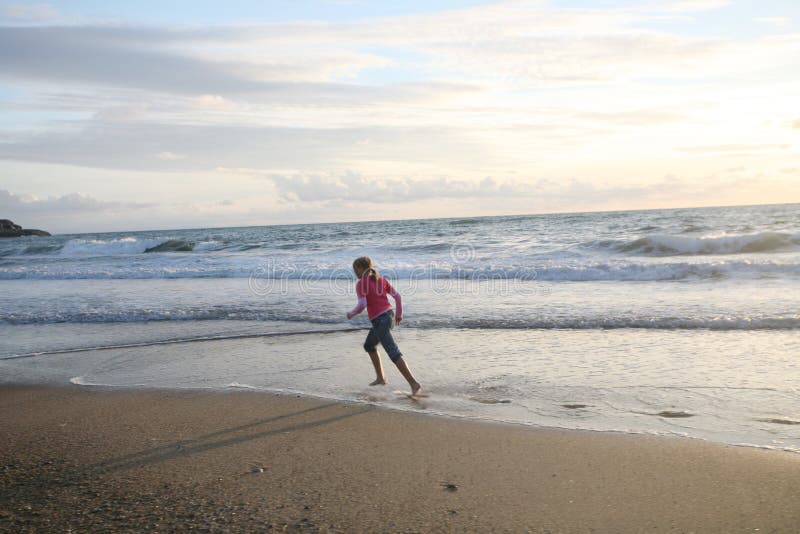Why I Don't Jog to the Liquor Store Anymore

Running long distances was my passion. I ran races anywhere from 6.2 miles to 50 miles. Compared to other runners I was okay, but certainly not a standout. What mattered was competing against myself by reducing my time. The bottom line was keeping fit and healthy and, unlike my father, living to be older than 49.
I was maybe in my prime when my knee started bothering me. I ran through it. Don't let a little bit of pain slow me down, I thought. Rub some dirt on it and sign up for another race. Ignore the problem and it will go away.
It didn't work out that way. I eventually had to see a doctor. After arthroscopic surgery and a long recovery, I went back to running. My knee still hurt and kept getting worse. I ignored the problem. It still didn't go away.
"Problems do not go away. They must be worked through or else they remain, forever a barrier to the growth and development of the spirit," wrote M. Scott Peck in The Road Less Traveled (http://www.mscottpeck.com/).
My inability to run without pain was one factor that led me to depression and a belief that drinking would make the physical and emotional pain go away. Alcohol led to more alcohol, which led to alcoholism. My knee still hurt.
Dr. Peck: "We ignore (problems), forget them, pretend they do not exist. We even take drugs to assist us in ignoring them, so that by deadening ourselves to the pain we can forget the problems that cause the pain."
I still can't run. I will have knee replacement surgery after the coronavirus pandemic is under some control. Meanwhile, I work out using an elliptical machine and a stationary bike, and I walk.
Most important, I don't drink anymore. Any and all exercises are better for me than bending my elbow to raise booze to my lips.
Comments
Post a Comment